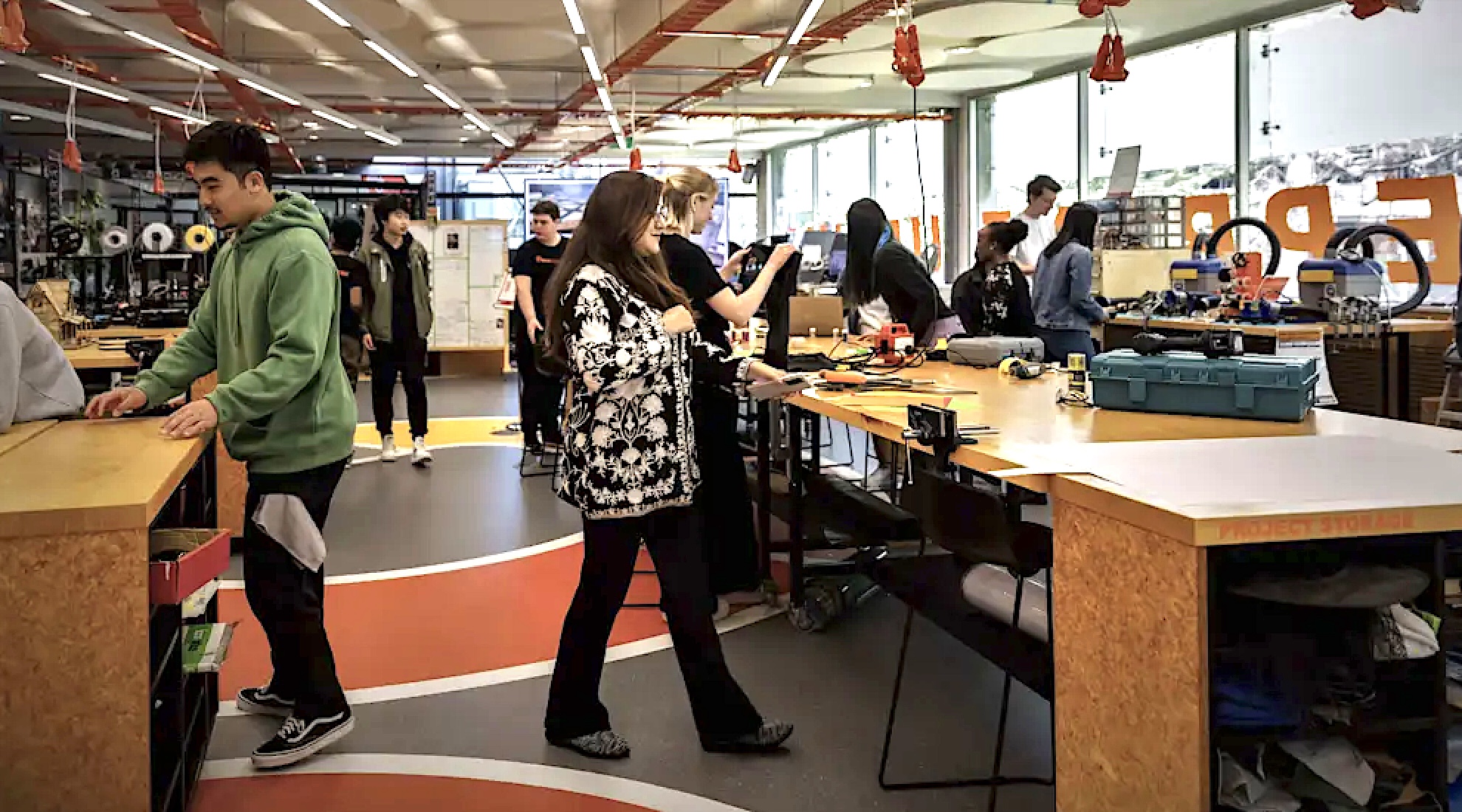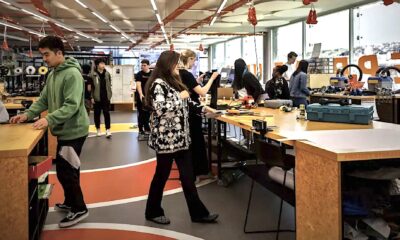Science
New Zealand’s Innovation Potential Hindered by Capability Gaps

New Zealand’s economic future hinges on its ability to effectively transform research into commercial ventures that generate jobs and enhance global competitiveness. The latest findings from the Survey of Commercialisation Outcomes from Public Research indicate that while New Zealand has significant potential, much of it remains untapped due to gaps in capability.
According to the 2024 report from Knowledge Commercialisation Australasia, which evaluated 76 organisations, the University of Auckland and its commercialisation arm, UniServices, continue to excel in this area. The university has equity in 45 active spinout companies, marking the third consecutive year it has achieved this distinction. The range of these companies spans innovative sectors, including health technology and deep-tech, with notable names like Alimetry, Avasa, Zenno Astronautics, Kitea Health, and StretchSense.
These ventures have not only attracted international investment but have also established global partnerships, demonstrating the ability to export New Zealand-developed technology. Collectively, these 45 firms provide hundreds of high-skilled jobs and significantly contribute to the high-value economic landscape of the country. They represent a model for growth that aligns with the principles of sustainability by reducing the environmental impact typically associated with traditional industries.
A comprehensive system, rather than mere luck, underpins this success. The Centre for Innovation and Entrepreneurship at the University of Auckland actively fosters an environment where research can transition into successful business outcomes. This institution plays a critical role by managing the commercialisation process, including protecting intellectual property and aiding new ventures during their formative stages.
The focus extends beyond just fostering innovative ideas; it encompasses developing human capabilities. The centre trains students and researchers to understand market dynamics, test ideas, and build ventures that can thrive outside the academic environment. This approach supports the notion that commercialisation is a discipline that can be learned and scaled, aligning with insights from the government-appointed Science System Advisory Group.
In its recent report, A Pathway to the Future: New Zealand’s Science and Innovation System, the group highlighted the crucial need for enhanced capability in the innovation sector. It identified the “IP-to-IPO” gap as a significant weakness in New Zealand’s approach, emphasizing the importance of cultivating researchers who are adept in market principles and entrepreneurs who comprehend scientific processes.
The survey data reflects this evolving landscape. The number of commercialisation professionals in Australasia is growing at a rate that outpaces research expenditure, indicating that investment in human capital is yielding tangible results. Although licensing revenues may fluctuate annually, the total number of active ventures continues to rise, illustrating a maturing innovation system focused on long-term growth rather than short-term gains.
Ventures originating from universities in sectors such as biotechnology, artificial intelligence, and advanced manufacturing are among the most productive in the economy. These businesses often generate several times the value-added per employee compared to traditional small and medium-sized enterprises. They enhance New Zealand’s export portfolio, retain scientific talent, and establish knowledge-intensive clusters.
For investors, the development of capability within these ventures reduces risk. When governance structures are sound, intellectual property ownership is clear, and founders are credible, investment naturally follows. In this environment, capital acts as a catalyst for innovation.
Despite this progress, New Zealand’s national conversation about innovation often fixates on funding issues such as grant levels and the availability of venture capital. Yet, the more pressing constraint is the capability to execute these ideas. Without skilled individuals to transform research into viable business opportunities, increased funding may only lead to a backlog of under-commercialised research. When the right capabilities are in place, capital becomes a powerful accelerator.
At the Centre for Innovation and Entrepreneurship, efforts are focused on scaling this capability. Thousands of students and researchers participate in programs each year, learning to navigate uncertainty and lead teams effectively. These initiatives foster a clear pathway for aspiring founders, whether it leads to a startup, a licensing agreement, or a strategic partnership.
The push for stronger commercialisation capabilities is critical. Every university and public research organisation must invest in developing individuals who can bridge the gap between science and business. Collaboration with industry is essential to ensure that research translates into tangible economic returns.
New Zealand’s ability to excel in research commercialisation is not an abstract concept but a systematic approach that can be refined and expanded. The achievements of the University of Auckland demonstrate what is achievable when capability is viewed as foundational infrastructure rather than an afterthought. The next decade will belong to economies that can swiftly and reliably convert knowledge into value at scale. In this context, capital will inevitably follow capability.
-

 Sports2 months ago
Sports2 months agoNetball New Zealand Stands Down Dame Noeline Taurua for Series
-

 Entertainment2 months ago
Entertainment2 months agoTributes Pour In for Lachlan Rofe, Reality Star, Dead at 47
-

 Entertainment4 weeks ago
Entertainment4 weeks agoNew ‘Maverick’ Chaser Joins Beat the Chasers Season Finale
-

 Sports3 days ago
Sports3 days agoEli Katoa Rushed to Hospital After Sideline Incident During Match
-

 Sports2 months ago
Sports2 months agoSilver Ferns Legend Laura Langman Criticizes Team’s Attitude
-

 Politics1 month ago
Politics1 month agoNetball NZ Calls for Respect Amid Dame Taurua’s Standoff
-

 Entertainment2 months ago
Entertainment2 months agoKhloe Kardashian Embraces Innovative Stem Cell Therapy in Mexico
-

 World3 months ago
World3 months agoPolice Arrest Multiple Individuals During Funeral for Zain Taikato-Fox
-

 Sports3 months ago
Sports3 months agoGaël Monfils Set to Defend ASB Classic Title in January 2026
-

 Entertainment1 month ago
Entertainment1 month agoTyson Fury’s Daughter Venezuela Gets Engaged at Birthday Bash
-

 Sports1 month ago
Sports1 month agoHeather McMahan Steps Down as Ryder Cup Host After Controversy
-

 World2 weeks ago
World2 weeks agoSevere Winds Hit New Zealand, Over 100 Flights Canceled


















